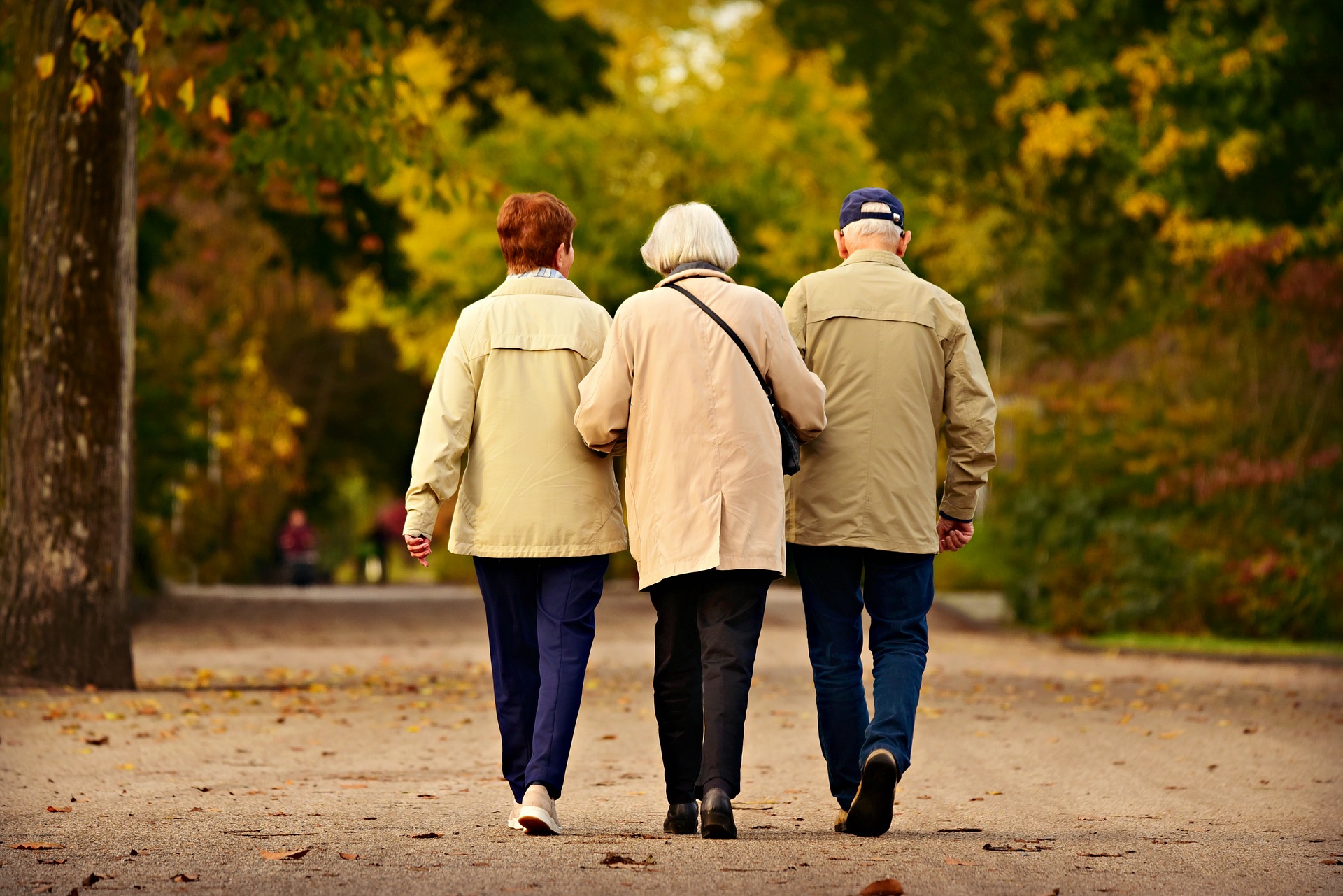I’ve been accused of being an “old jock,” and I suppose it’s true. Lifting heavy weights, blasting out swim sprints and biking 25 miles at a stretch still seems fun to me at age 64.
But… I am not yet 74 or 84 or 94, when some discretion will become inevitable. And I’ve been lucky enough to avoid injuries or illnesses that can curtail the heavy workouts. My email inbox tells me that a good many of my readers find themselves in one or both situations.
So let me say emphatically: One need not slam the iron and pound the pavement for grueling hours to gain the advantages of exercise.
When it comes to staying mobile — perhaps the leading quality of life indicator for everyone past 60 — a little exercise is dramatically better than none.
Missing Mobility
This matters, because compromised mobility is so common. Roughly 17 percent of people age 65 and older cannot walk even a quarter of a mile. Another 28 percent describe doing so as “difficult.” In many cases, a report found, these difficulties were the result of a fall or hip replacement surgery.1
But a new study, published on Sept. 26 in the Annals of Internal Medicine, showed that people with limited mobility can often reverse that situation.2
Sedentary people ages 70–89 who had “some difficulty” with daily mobility but who could still walk a quarter-mile without assistance were divided into two groups.

A walk with old friends; one of life’s miracles.
Half of the group went to weekly “education” seminars for six months. The other half spent an hour twice a week walking at a local clinic and doing low-impact at-home exercises (more about those in a moment) for another half-hour weekly.
After three years, the walking group ended up being 25 percent less likely to have significant problems with getting around.
As one 87-year-old participant put it, the program “was a godsend,” dramatically improving both his physical stamina and mood.
“If there was a pill that offered comparable benefits, it would be a billion-dollar product and people would be all over it,” said Dr. Thomas Gill, the paper’s lead author, who directs the Yale Program on Aging.
Bottom Line
The biggest mistake seniors can make is to stop exercising because “I can do only a little.”
The big secret, as Dr. Gill put it, is to frame this activity, rather than exercise. If you speak with older adults about exercise, Dr. Gill said, they tend to respond, “That’s for my grandchildren.” But if you tell them they need to become more physically active, they say, “OK, I can to that.”
There is no better habit for people of any age than to walk whenever possible. A nightly after-dinner stroll is an excellent habit; so is gardening, ballroom dancing or walking behind a self-powered lawnmower.
And if the term exercise doesn’t frighten you… Well, regular readers know I tend to think Uncle Sam mostly gets it wrong when it comes to healthy living, but the exercise advice at the National Institutes of Health’s Go4Life is actually quite good.
Add roughly 30 minutes of that site’s activity suggestions to a minimum of two hours walking weekly and you are well on your way to the “godsend” health advantage that modest exercise can provide.
To your robust health,

Brad Lemley
Editor, Natural Health Solutions
Citations
- Hardy SE, Kang Y, Studenski SA, Degenholtz HB. Ability to walk 1/4 mile predicts subsequent disability, mortality, and health care costs. J Gen Intern Med. 2011
- Gill TM, Guralnik JM, Pahor M, et al. Effect of Structured Physical Activity on Overall Burden and Transitions Between States of Major Mobility Disability in Older Persons: Secondary Analysis of a Randomized, Controlled Trial. Ann Intern Med. 2016